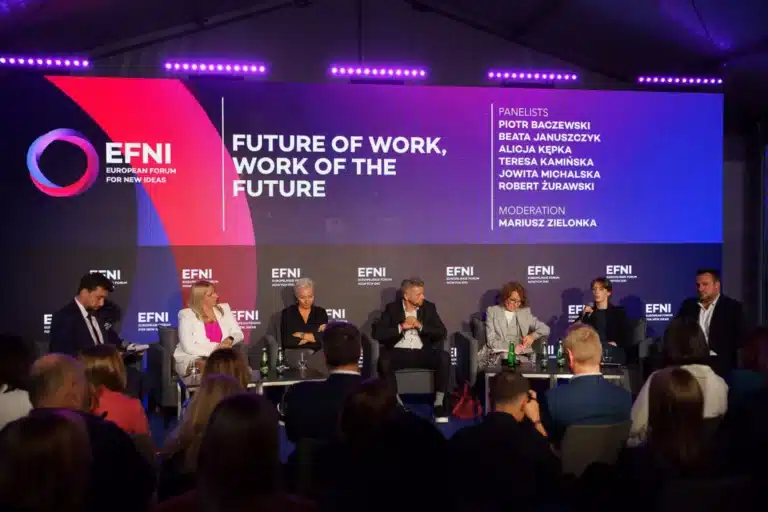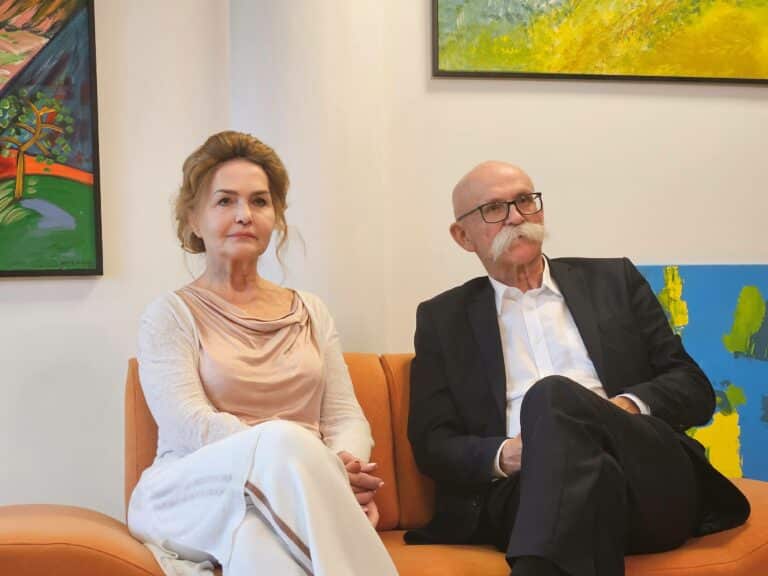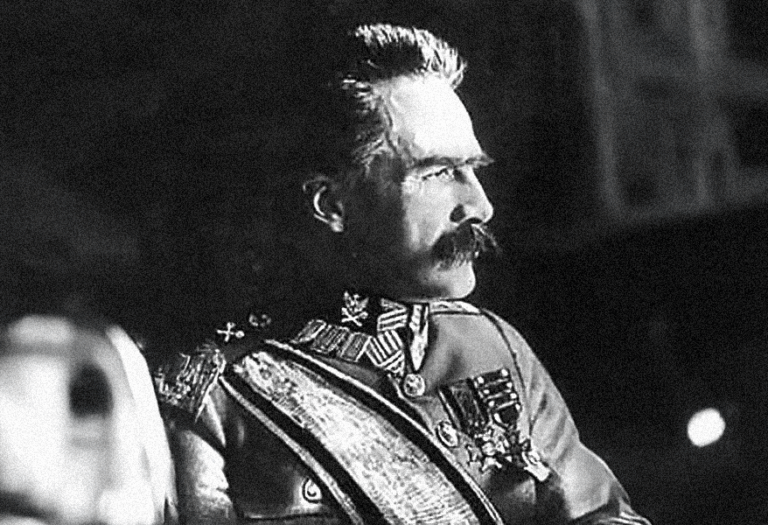Only 45% of employers ensure equal pay across genders
The issue of women’s underpayment is one of the most frequently raised aspects in the context of gender inequality.
According to Eurostat, the average wage gap in Poland is 4.5%. In the private sector, it is 12.9%, while in the public sector it is only 2.3%. The financial sector is also one of the industries where women still earn less than men. In the 4th edition of the ‘Women in Finance’ survey conducted by Antal together with CFA Society Poland, in cooperation with Bank BPH and the Chamber of Fund and Asset Managers (IZFiA), only 45% of respondents indicated that employers ensure equal pay for the same positions regardless of gender.
The issue of underpayment of women is one of the most frequently raised aspects in the context of gender inequality. It is a global problem and the most frequently cited factors that may influence it are: women’s lower involvement in working life (including part-time work) linked to an unequal distribution of domestic and caring responsibilities, a higher proportion of women in lower-paid specializations, discrimination against women, poorer negotiation skills and a lack of pay transparency.
“Inequality of career opportunities or gender stereotypes are common causes of pay inequalities, which are unfortunately also visible in the financial sector. They are further reinforced by women’s involvement in traditional family roles – e.g. caring for children or the elderly. Equalization of opportunities has been talked about for years, yet the topic is still relevant. Meanwhile, gender and pay equality in an organization not only positively influences women’s career development, but also contributes to increasing the efficiency and competitiveness of companies, and thus influences the development of the entire economy,” says Agnieszka Bukowska, Managing Director of Human Resources at Bank BPH SA.
Equal pay in the eyes of financiers
In the fourth edition of the ‘Women in Finance’ survey, 45% of respondents indicated that employers do ensure equal pay for the same positions regardless of gender, while 26% believe that employers do not ensure this equality. Women’s and men’s opinions on this issue are mixed, with equal pay indicated by 38% of women and 69% of men. It is worth considering that 84% of respondents indicated that pay inequality affects women in the financial sector.
Furthermore, almost 80% of the male respondents indicate that jobs are given to the best possible candidates regardless of gender, while half of the female respondents believe the same. Overall, according to the observation of 18% of respondents, employers take the gender of the candidate into account when recruiting for vacancies.
Determinants in career development
More than half of men agree with the statement that it is easy for them to develop their careers (55%), while among women, 40% agree with this statement and almost as many believe that developing a career is challenging and not so easy. Among men, only 25% have the same opinion.
The hours of unpaid work in the household influence respondents’ opinions on the ease of developing their careers. The more hours a respondent spends running the household, the more difficulty they feel in building their business path. Some 70% of women with career development difficulties spend four or more hours on unpaid household work.
A study by the Polish Economic Institute shows that Polish women often drop out of the labor market due to the collision of work and family life. The gender employment gap clearly increases with the appearance of more children. Thus, the employment rate for mothers of one child falls by 3%, but for mothers of three children it is already 35%. These women return to the labor market with time, but usually a considerable amount of time must pass. Sometimes several years of professional deactivation. Mothers 10 years after giving birth earn on average 20% less than a woman who has not decided to become a mother. Nevertheless, looking from a multi-year perspective, the last 10 to 20 years, we can speak of significant progress in the sustainable participation of mothers in the labor market.







